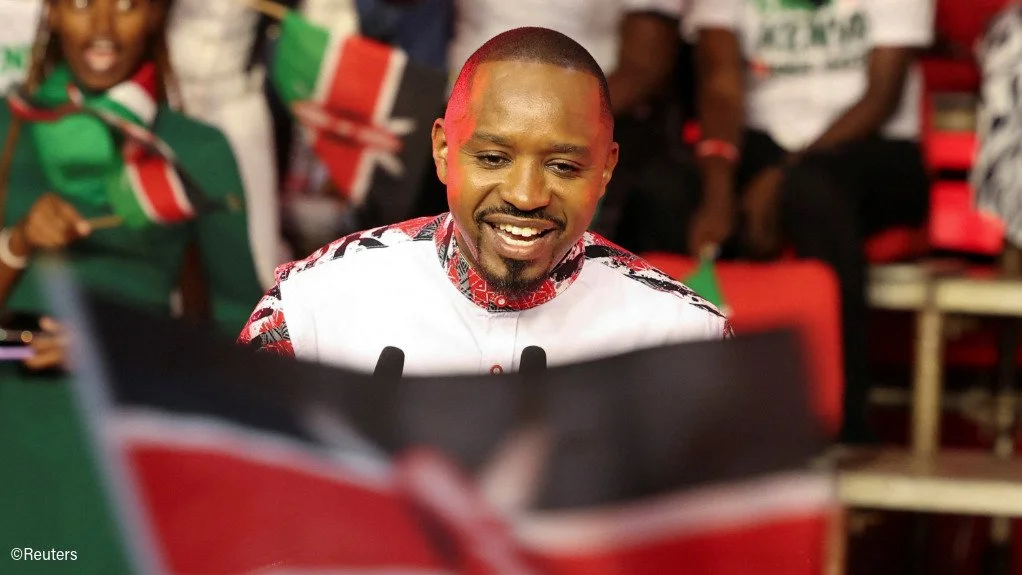The Kenya’s political landscape is gearing up for change after Boniface Mwangi, one of the country’s most prominent activists, announced his intention to run for president in the 2027 general elections.
Mwangi, 42, is widely recognized for his fearless campaigns against corruption, police brutality, and misuse of power. His decision positions him as a reformist candidate in a nation he describes as being “on the brink of failure.”
From Activist to Presidential Candidate
Over the past two decades, Mwangi has been a leading voice in Kenya’s fight for justice and accountability. He has endured arrests, intimidation, and violent crackdowns while standing with citizens demanding better governance.
His activism has made him a familiar face at demonstrations, where he has consistently called for transparency and an end to state oppression.
Mwangi’s announcement comes at a time of deep political frustration. Since mid-2023, Kenya has witnessed waves of youth-led protests against President William Ruto’s administration.
These demonstrations, fueled by demands for economic reforms and lower living costs, have often turned deadly. Reports suggest that more than 100 people have been killed during clashes with security forces.
Mwangi’s Agenda for Change
Launching his presidential bid, Mwangi pledged to fight for ordinary citizens and rebuild public trust in government. His proposed agenda includes:
- Prosecution of corrupt leaders and recovery of stolen public funds.
- Reforms in public service delivery to ensure efficiency and accountability.
- Inclusive policies that uphold equity, democracy, and social justice.
“The country is broken and in danger of becoming a failed state,” Mwangi said. “We need leaders who prioritize people over politics and turn citizens’ hopes into real policies.”
A Test for Kenya’s Youth Movement
Mwangi’s entry into the 2027 race is a critical test for Kenya’s youth-driven movements. While protests have exposed widespread dissatisfaction with the current administration, the challenge remains whether activism can translate into electoral power.
Incumbent President William Ruto is expected to seek re-election, making the contest highly competitive. Other candidates are also likely to join in the coming months, further shaping the race.
Before officially appearing on the ballot, Mwangi’s candidacy must be approved by the Independent Electoral and Boundaries Commission (IEBC). Regardless, his decision injects fresh energy into Kenya’s politics and signals growing demand for leadership that reflects justice, accountability, and reform.





















